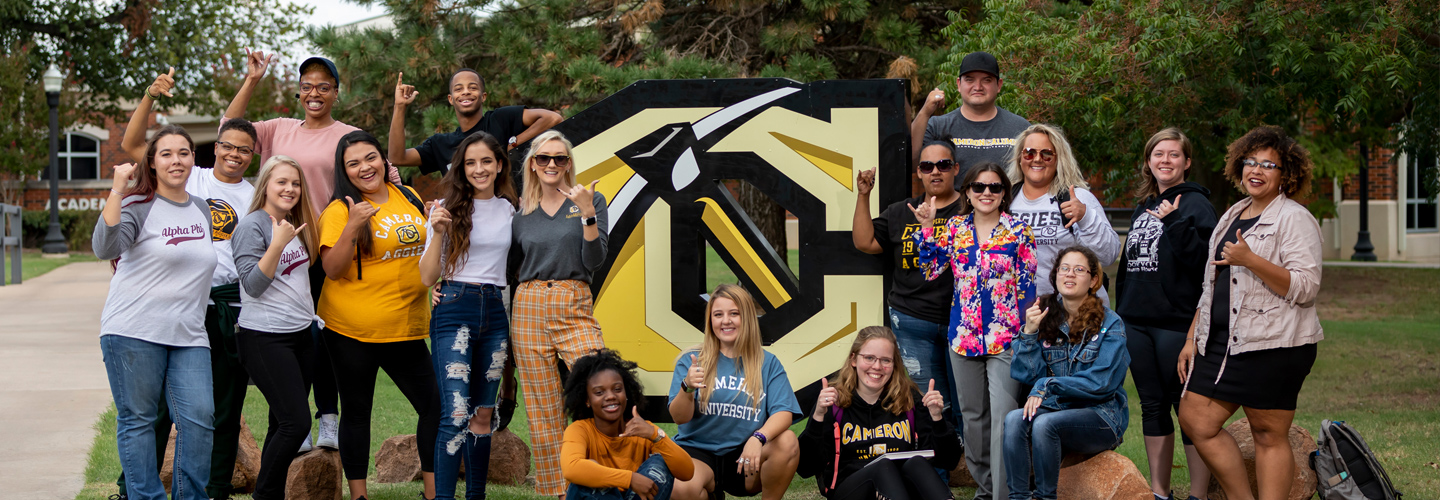Advisement
General Guidelines
- The Department of Social Sciences is committed to excellence in student advisement and believes strongly that faculty should advise all students pursuing majors or minors within our academic programs.
- The department believes that students are best served when they consistently work with the same advisor, as this promotes familiarity with the unique circumstances facing each student on the part of the advisor and provides a comfort level for students by providing them with a single point of contact for all of their academic advisement needs.
- The department believes that proper advisement takes time and that students are best served when their faculty advisors are prepared in advance to meet with them. Accordingly, "drop-in" advisement is strongly discouraged. Instead, the department is committed to requiring students to make appointments in advance via e-mail, telephone, or personal contact for advising sessions with their advisors.
- All new majors and any current students who do not have a specific advisor will be assigned advisors by discipline (see below for details)
- In special circumstances where time is critical or an assigned advisor is simply not available, another discipline-specific faculty member may provide temporary advisement when available.
- Students who wish to switch from their assigned advisor may do so provided they contact the department chair or administrative assistant and request to do so. This will ensure that departmental advising records are kept up to date and that advisement workloads are distributed fairly among faculty.
Advisor Assignment Guidelines
Note: The department chair will advise all department minors and complete all military student or VA degree checks.
Check with the department office, Degree Works, or the chart below to locate your assigned advisor.

